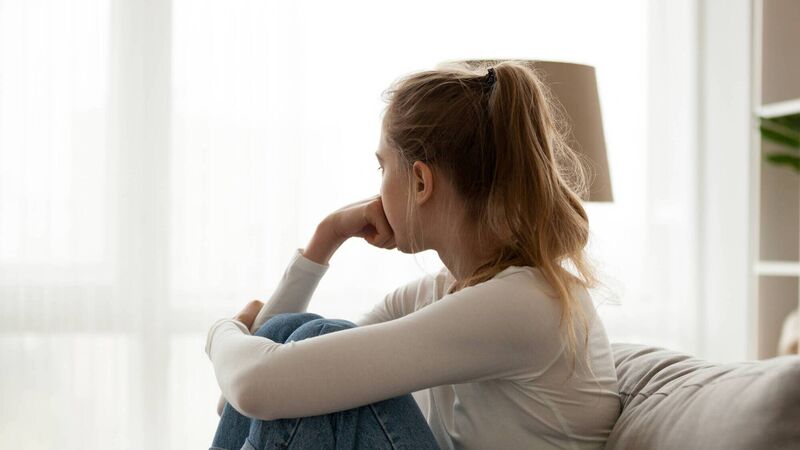Mind your business: Stop putting women under pressure to have a baby

Society often places the onus of childbearing on women’s shoulders.
‘Any baby news?’ Show me a woman in 2021 who is not left uncomfortable, triggered or exasperated by such a question. Or, to put it in Instagram speak, tell me you’re a woman of childbearing age, without telling me you’re a woman of childbearing age.
A recent post by Rozanna Purcell casts a razor-sharp eye on the absurdities that women in their 30s face. Mainly, intrusive questions about starting a family, or unsolicited advice to get a move on ‘before it’s too late’. “The fertility clock is ticking,” a stranger informed Purcell. And she is not a woman alone.











